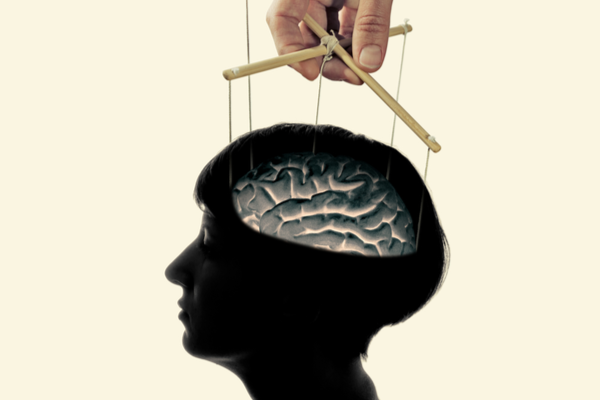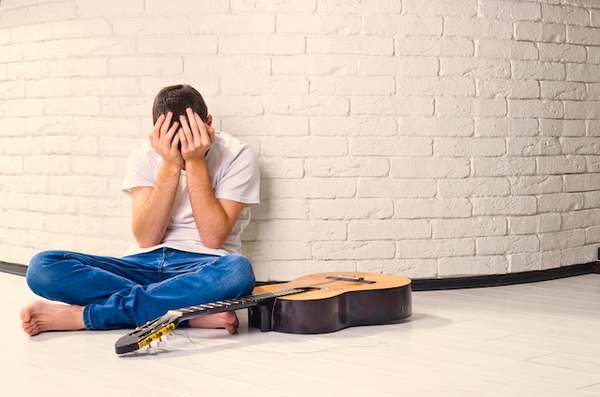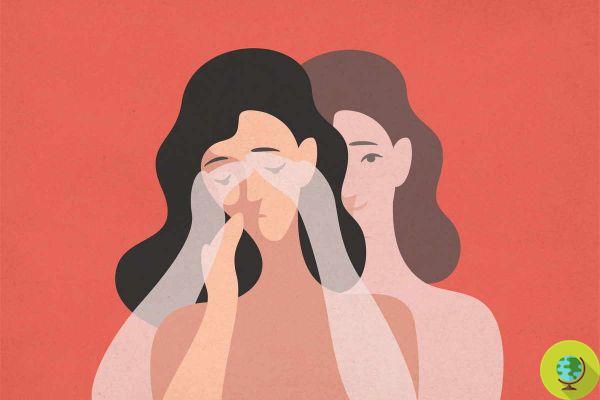
Why the coronavirus pandemic is worsening the quality of our sleep and how to avoid it by following some precautions.
Don't store avocado like this: it's dangerousThe coronavirus pandemic is affecting not only our days but also our sleep, which adjusts according to the light and dark cycle and is also influenced by how active we are during the day, as explained by neurologist Hernando Pérez, specialist at the Center for Advanced Neurology in Spain, at BBC Mundo.
In quarantine we tend to wake up later depriving ourselves of the morning sunlight, useful for the brain to regulate itself knowing that sleep will arrive within 12-14 hours. Also, if we do less physical activity, the body feels less need to rest. Under these circumstances, Pérez noted an increase ininsomnia in patients who have already been treated for this type of disorder. And the same thing was observed by Dr. Celia Garcàa-Malo, a sleep neurologist at the Instituto del Sueo in Spain.
Both specialists state that their patients feel the need to go to sleep later and therefore delay awakening and hours of productivity both at work, in the family and on a social level.
Another phenomenon noted by Garcia-Malo is the increase in nightmares, particularly realistic and vivid dreams that cause anxiety, and which are aggravated by stressful situations in daily life. During the day, people with nightmares tend to be unwilling to do things, lose interest in the activities they loved, as if they feel lacking in energy, and can become more irritable.
On the other hand, in addition to insomniacs, there are people who experience theipersonnia, excessive daytime sleepiness. Or the early awakening, which causes us to wake up earlier preventing us from falling asleep again for the rest of the night.
Tips for better sleep
Experts recommend avoiding certain behaviors and following other precautions. For example, they suggest not to watch too much TV for updates and news related to the virus. Because it is okay to inform yourself but without exaggerating, so as not to overload the brain by increasing anxiety, worry and therefore sleep disorders.
Even negative thoughts, for example the idea of being fired, having to remain in quarantine for a whole year and so on, should be limited by appealing, as Hernando Pérez explained, to cognitive restructuring, that is, relying on objective data and real:
"It's not about looking for a positive thought, it's about being realistic to contain that anticipated fear."
Furthermore, according to Pérez, it is important to avoid negative thoughts especially before going to sleep. To do this, you can try to set a "time of worry", that is, a time voluntarily dedicated to what is worrying, which however must not coincide with the night.
Other recommendations of the Spanish Society of Neurology "for a good night's sleep and adequate control of sleep disorders during the coronavirus pandemic", are the following: maintain a routine, expose yourself to the morning sun and fresh air, avoid negative thoughts in bed , avoid naps, avoid using tablets and phones in bed, try to relax before bed for example by reading, meditating, breathing deeply, and consulting doctors or specialists if sleep problems get worse.
FONTI: BBC Mundo/Spanish Society of Neurology
You might also like:
- Coronavirus could cause another 'epidemic' that we must avoid: depression
- Insomnia: 10 Things That Happen to Your Body When You Don't Get Enough Sleep
- Sleep: how and how much to sleep. Tips for baby sleep


























